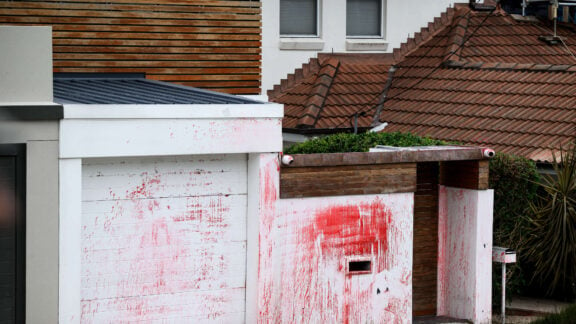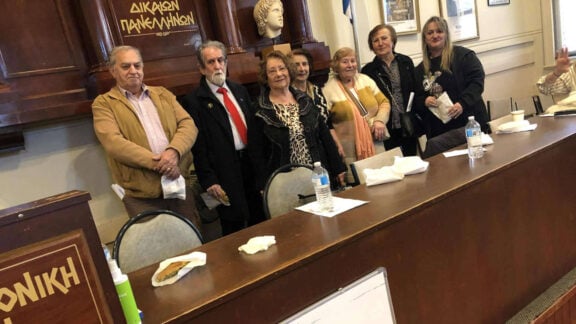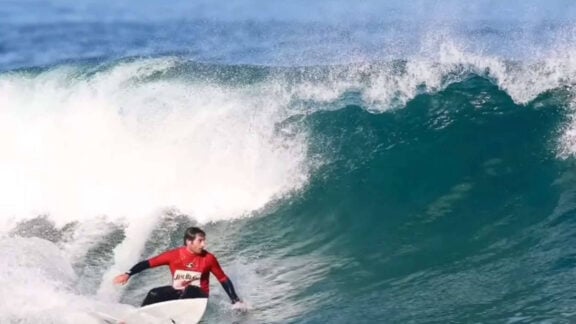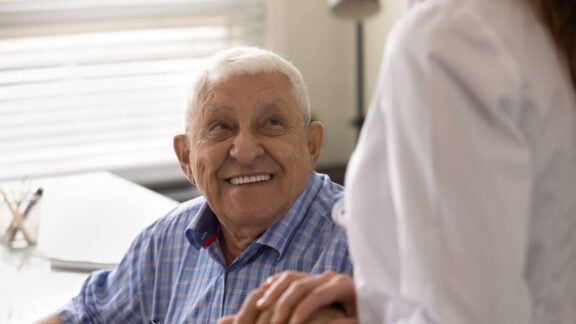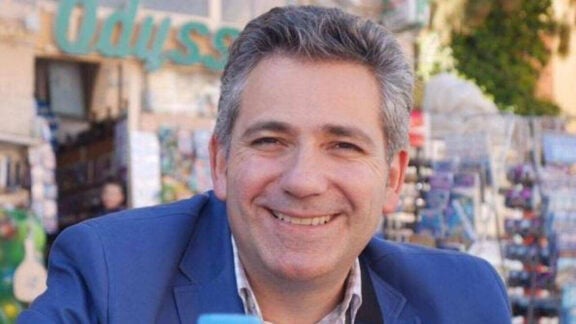A Cuvier’s beaked whale (Ziphius cavirostris) that was found stranded at the coastal suburb of Alimos last Friday has been found dead at the Kynosoura promontory of Salamina island, the Environment Ministry said.
The dolphin-like whale had a badly wounded lower jaw, which experts said was likely made by a ship’s propellers, and hopes were not high for its survival.
A team of veterinarians and experts from the Aristotle University of Thessaloniki and the city of Salamina, recovered the whale and will carry out tests in order to determine whether it had any disease or injuries of public significance. The data will be entered in the relevant Greek and international databases.
“Despite the superhuman efforts made since last Friday by the coastguard and navy divers as well as specialised veterinarians, nurses and volunteers… unfortunately the young whale did not survive,” deputy environmental minister Georgios Amyras said.
“From the first clinical and blood tests that were carried out on the whale, we knew that the results were not encouraging, but we did everything humanly possible to save it.”
Veterinarians, Port and Navy divers, NGOs and volunteers all rallied to guide the whale to the open sea on Friday, but the prognosis was not good.
Before the whale’s death, the Archipelago Institute of Marine Conservation said returning it to the sea was a “mistake”.
“It was a decision against all protocol and logic, given that it was sick and had multiple injuries,” it said on Tuesday.
The Greek NGO also lamented the “lack of adequate infrastructure to care for marine animals in Greece” and criticised the “huge mobilisation and noise” caused by non-specialists who remained near the beached whale for several hours.
Although sightings of whales are extremely unusual in Athens, whale carcasses occasionally wash up, mainly on the Greek islands.
Cuvier’s beaked whales, which can grow up to seven metres (23 feet) long, often fall prey to ship propellers but are also acutely sensitive to “noise pollution” from human activity, Natascha Komninou, a professor at the University of Thessaloniki, told Skai TV.


